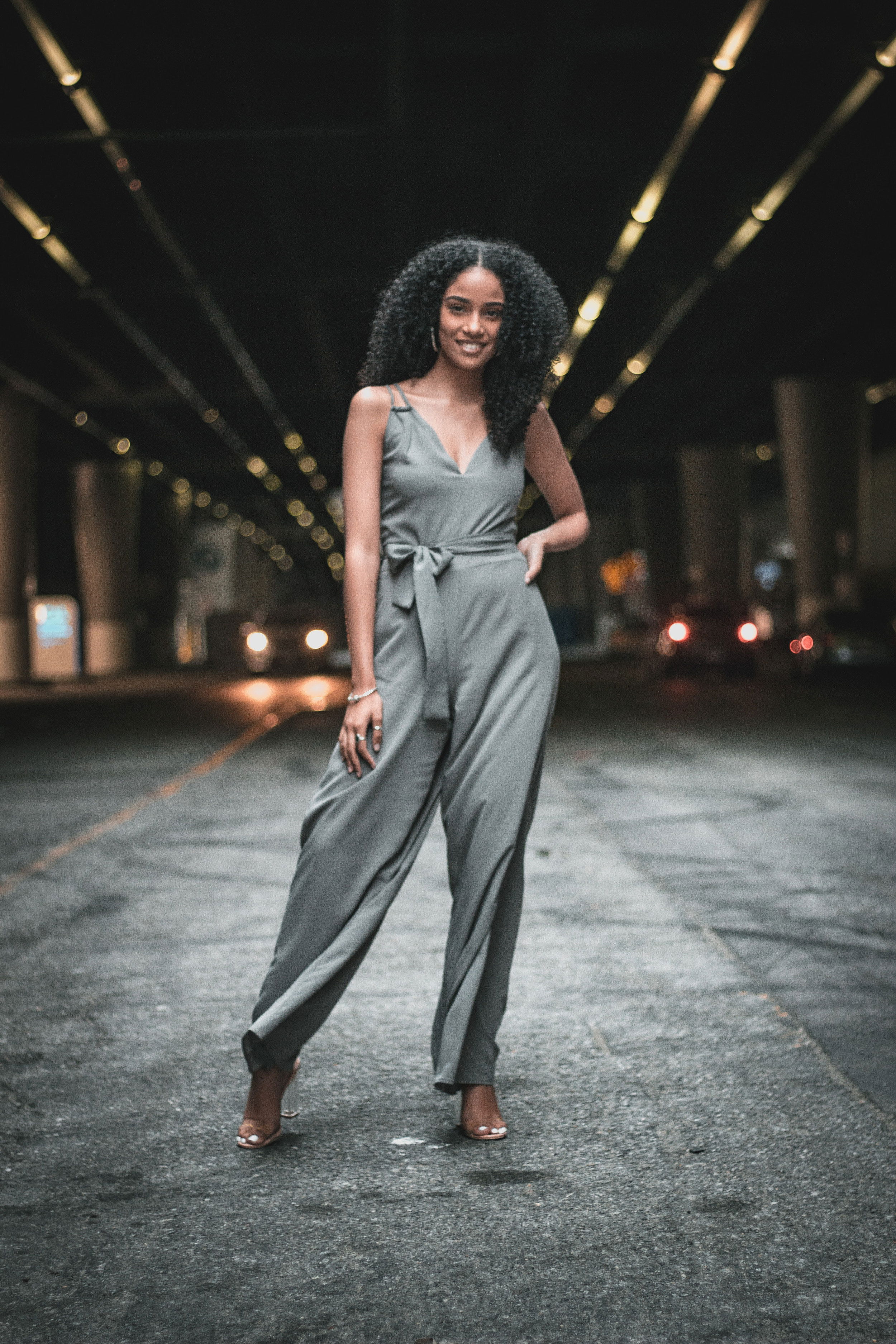Fashion Psychology: How Clothing Choices Influence Perception and Self-Image
Fashion is more than just clothing; it's a form of self-expression that communicates identity, personality, and emotions. The psychology of fashion delves into the intricate relationship between clothing choices, perception, and self-image. The way we dress not only impacts how others perceive us but also influences our own thoughts, emotions, and confidence. In this article, we explore the fascinating realm of fashion psychology, examining how clothing choices shape perception and self-image.

The Psychology Behind Clothing Choices
Clothing is a nonverbal form of communication that can convey a multitude of messages:
- Identity and Group Affiliation: The clothes we wear can signal membership in social groups, subcultures, or professions, reflecting aspects of our identity.
- Emotions and Mood: Clothing choices can be influenced by our emotional state, allowing us to express feelings such as confidence, happiness, or rebellion.
- Personality Expression: Fashion enables us to express our personality traits, whether we're creative, bold, introverted, or adventurous.
- Cultural and Social Context: Clothing often reflects cultural norms, traditions, and societal values, shaping the way we fit into our surroundings.
The Influence on Perception
First Impressions:
Research shows that people form impressions about others within seconds of meeting them, and clothing plays a pivotal role in this process. The "halo effect" occurs when positive traits are attributed to individuals based on their appearance, including their clothing choices.
Authority and Credibility:
Clothing can impact perceptions of authority and credibility. Well-dressed individuals are often seen as more competent and trustworthy.
Social Attractiveness:
Clothing choices can enhance social attractiveness. People who are well-dressed are more likely to be perceived as approachable and socially skilled.
Self-Image and Clothing
Self-Expression:
Clothing is a powerful tool for self-expression. What we wear can reflect our internal emotions and thoughts, allowing us to showcase our identity to the world.
Emotional Impact:
Our clothing choices can influence our mood. Dressing in a way that aligns with our desired emotional state can actually impact our feelings and self-confidence.
Body Image:
Clothing can influence body image perceptions. Wearing items that make us feel comfortable and confident can positively affect body esteem.
Cultivating Positive Self-Image Through Clothing
Authenticity:
Choose clothing that resonates with your personality and values, rather than succumbing to trends that don't align with who you are.
Comfort and Confidence:
Wear clothing that makes you feel comfortable and confident. When you feel good in your outfit, it positively impacts your demeanor.
Experimentation:
Don't be afraid to experiment with different styles. Exploring new looks can help you discover aspects of your personality and style you may not have explored before.
Mindful Choices:
Be mindful of the messages your clothing choices send to others and how they align with your self-image.

Conclusion
Fashion psychology highlights the profound impact clothing choices have on both external perception and internal self-image. From influencing first impressions to communicating emotions and identity, the clothes we wear play a significant role in how we present ourselves to the world and how we feel about ourselves. By understanding the psychological aspects of fashion, individuals can make conscious clothing choices that align with their true selves, boost confidence, and foster positive interactions with others.
Sources:
- The Psychology of Fashion. (2021). The Psychology of Dress: What You Wear Can Influence Your Thinking and Negotiation Strategies. https://psychologyoffashionblog.wordpress.com/2016/02/12/the-psychology-of-dress-what-you-wear-can-influence-your-thinking-and-negotiation-strategies/
- Psychology Today. (2021). The Psychological Power of Clothing. https://www.psychologytoday.com/us/blog/fulfillment-any-age/201210/the-psychological-power-clothing
- Verywell Mind. (2021). The Psychology Behind Why You Feel Better in Your Favorite Clothes. https://www.verywellmind.com/the-psychology-behind-why-you-feel-better-in-your-favorite-clothes-5116369
- The New York Times. (2021). You Are What You Wear: What Your Clothes Might Be Saying About You. https://www.nytimes.com/2012/04/03/science/clothes-and-self-perception.html